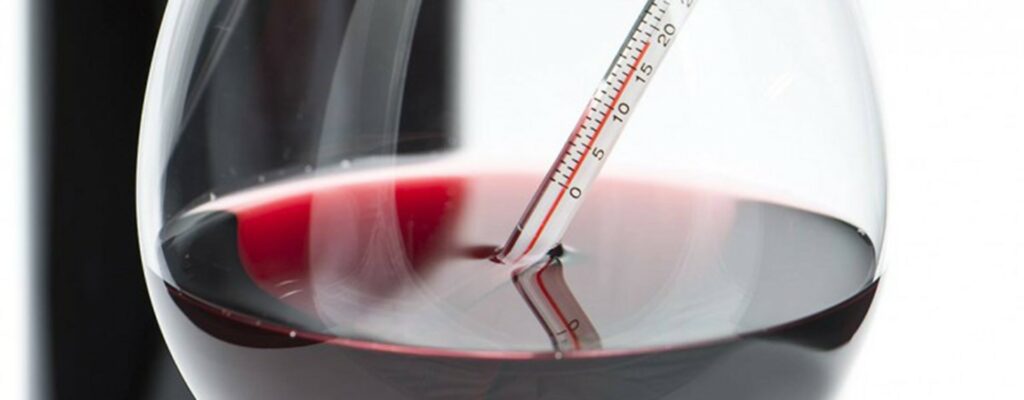Many wine lovers store their bottles all over the place. However, putting wine near a freezer can be risky. Variations in heat or vibration can damage your collection. Let's explore why storing wine near a freezer is problematic.
If you're interested in wine-related articles, download our app for IOS or Android. It will give you access to our wine lexicon, our articles and our innovative solution, designed for all wine consumers and collectors.
The harmful effects of heat
Storing wine in an apartment near a freezer often means being close to a hot element. Compressors, hoses and fans generate heat when in operation. Wine cannot tolerate temperatures above 20°C. Excessive temperatures cause premature aging or oxidation.
What's more, hourly and seasonal variations increase thermal stress. A burst of heat when opening the freezer weakens the label, the cork level or the wine's flavor. This makes it difficult to preserve the wine's quality.
Why wine cellar temperature must remain stable
An ideal cellar maintains a temperature of around 12°C. It is also characterized by a low amplitude of fluctuation, ideally ±2°C. In this way, the wine retains its balance, acidity, aromas and cork. Any sudden deviation from the normal temperature will affect its quality.
A freezer, on the other hand, can raise the ambient temperature around it by several degrees. Even a few centimetres away, the wine picks up the heat emitted. The thermal amplitude widens and deteriorates the product over the long term.
The effect of vibrations on wine
The freezer is fitted with a compressor that operates in cycles. Each start-up creates a small vibration. They may seem harmless. But the continuous vibration disturbs the natural deposit. It accelerates micro-oxidation. The wine becomes blurred and loses its finesse. A stable position is essential to preserve quality.
Humidity, an often overlooked factor

Alongside temperature, humidity also plays a major role. Optimal wine storage in apartments maintains a humidity level of around 60-75%. However, a domestic freezer dries out the surrounding air. A dry environment causes the cork to dry out. As a result, air seeps in, the cap oxidizes, and the wine spoils prematurely.
Special case: the neighboring refrigerator
You'd think a refrigerator would pose similar problems. In practice, they don't. The heat generated is localized at the top of the appliance. If the bottle remains at a distance (at least 20 cm), the effect remains moderate. For a freezer, on the other hand, the motor is more powerful. The thermal impact is greater.
Easy solutions for better storage
Create a thermal barrier: place a cabinet or box between the freezer and the bottles. This limits heat conduction.
Priority to a cool place: choose a bright but temperate room, away from household appliances.
Opt for an urban wine cellar: compact and refrigerated, this solution offers a truly stable wine cellar temperature, without excess heat.
Monitor room temperature with a hygro-stat thermometer. This allows you to check conditions day after day.
If you're short of space
A small apartment limits your options. Yet a closet and a thermal curtain are often all you need. The curtain keeps the heat out. You can also store your bottles in a shared cellar or at a friend's place. The main thing is to avoid hot or damp areas.
Why avoid technical areas
Technical rooms (kitchen, laundry room, storeroom) often generate heat and humidity. Between a freezer and a plate warmer, the temperature varies too much. Wine needs a calm, stable environment. It therefore deserves a dedicated room, or a space set aside away from household appliances.
If you enjoyed this article, don't hesitate to read the following one "Why do some people collect bottles without ever opening them?"which might also interest you!





